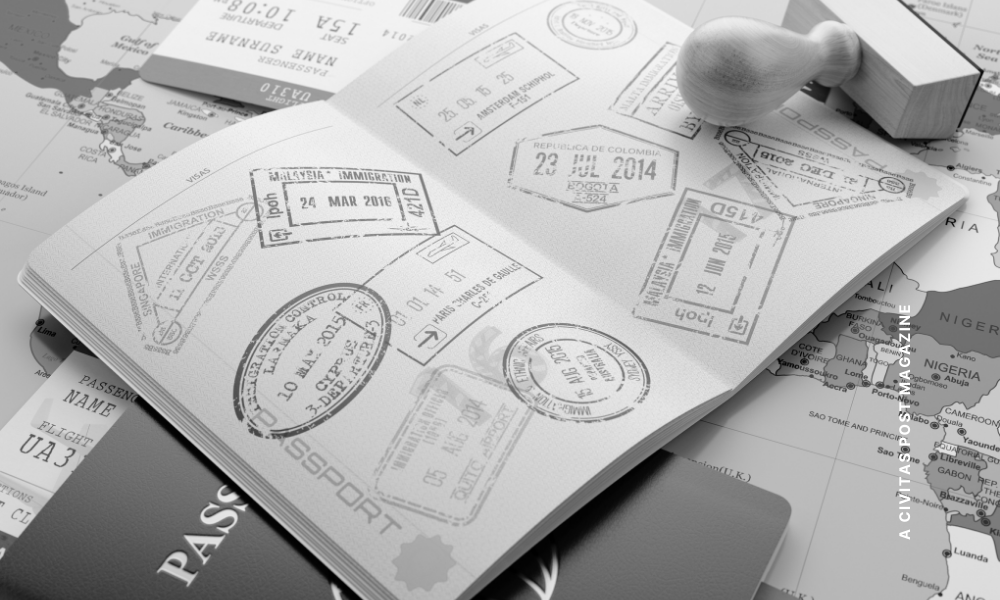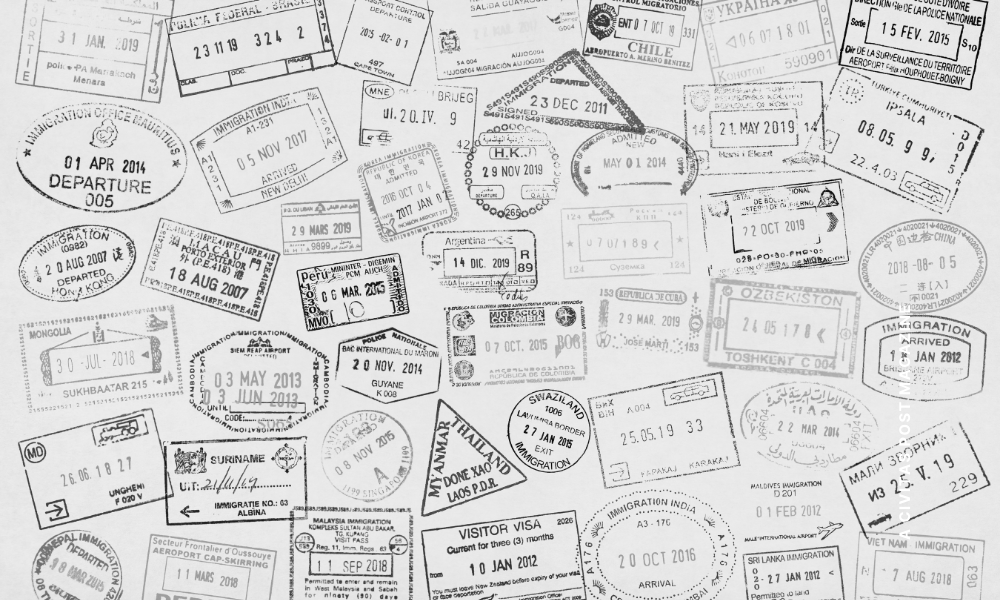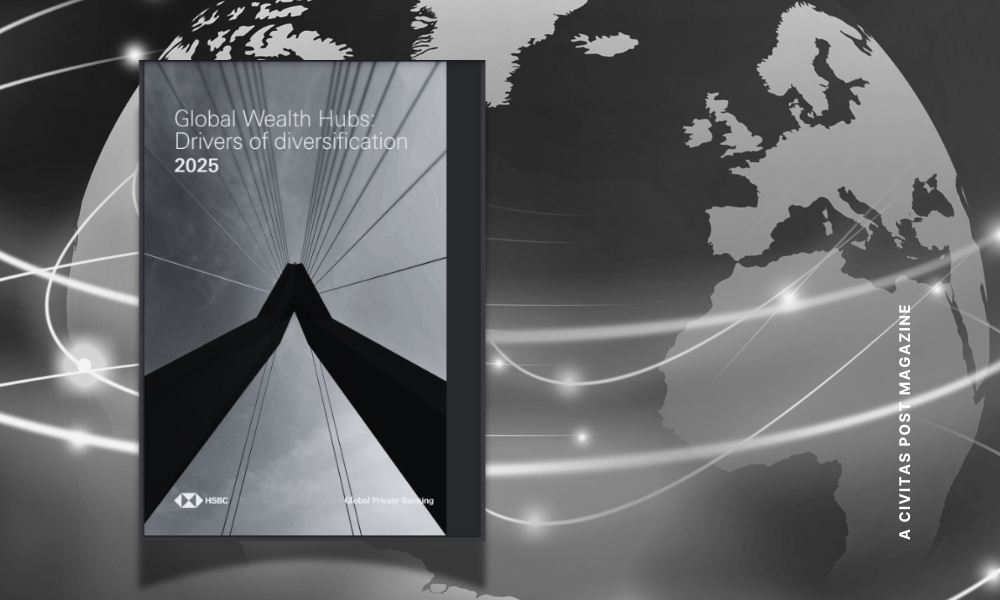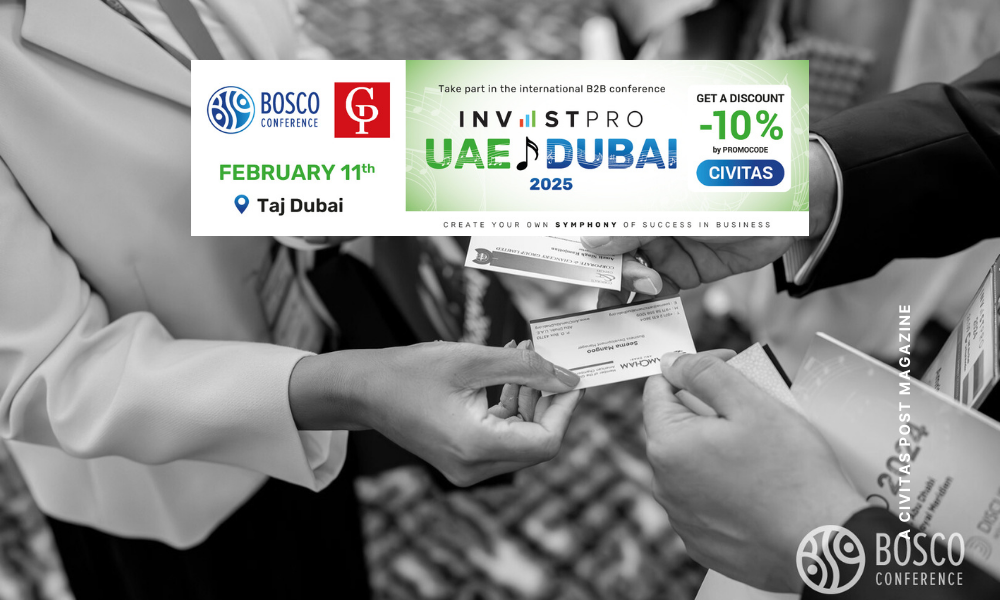The Henley Passport Index 2025 has revealed significant changes in global passport rankings, highlighting the shifting dynamics of international mobility and investment migration. At the top of the list, Singapore has reclaimed its position as the most powerful passport in the world.
What is the Henley Passport Index?
The Henley Passport Index ranks 199 passports by the number of destinations their holders can access visa-free or with visa-on-arrival. If travellers can obtain a visa on arrival, an entry permit, or an electronic travel authorization (ETA), the destination is counted as “visa-free” for that nationality. Based on data from the International Air Transport Association (IATA), the index is a key resource for global citizens, investors, and advisors.
Asian passports top the index
Singapore takes the crown as the world’s most powerful passport, offering visa-free access to 195 destinations globally. Japan, closely following with 193 destinations, has regained access to China after the Covid-19 lockdowns, positioning it as the second-most powerful passport.
The Japan-China trade relationship is one of the largest in the world, with Japan heavily reliant on access to the Chinese market. This economic interdependence has made visa arrangements between the two nations not only politically significant but also economically strategic. The Henley Passport Index rankings reflect the growing influence of Asian countries in global mobility, and the prowess of their governments in building strong bi-lateral diplomatic relations with other nations.
Singapore's passport power
Singapore’s exceptional passport power is a direct reflection of its strategic positioning as an economic and diplomatic hub in Asia. Since its independence in 1965 Singapore has steadily built its reputation for being one of the most open economies in the world, fostering international trade agreements, crating pathways for mobility, ensuring political stability, and a highly efficient government.
Its foreign policy—marked by neutrality and pragmatic diplomacy—has helped establish strong bilateral relations with both global powers and smaller states. This diplomatic approach has enabled Singapore to sign visa-free agreements with a growing list of nations, ensuring its citizens enjoy the highest levels of global access. Singapore’s continued investment in international relations, including its active participation in organizations like the ASEAN (Association of Southeast Asian Nations), has ensured that it remains its rank as a leading developed nation with the strongest passport in 2025.
The resurgence of Japan
Japan’s resurgence to the second spot is also no coincidence. A global economic powerhouse, Japan has long been active in multilateral organizations like the UN and World Trade Organization (WTO). Its passport benefits from strong diplomatic ties with the European Union, the United States, and East Asian neighbours, including the recent visa improvements with China.
Japan’s position shows how sustained diplomatic relationships translate into tangible mobility benefits for citizens.
Geopolitical changes impact passport rankings
While traditional powers like France, Germany, Italy, and Spain remain in the top 5, the geopolitical landscape is shifting. Trump recently took office and with his new role came a seismic change in American politics, the Middle East continues to be battered by violence and discord, and Ukraine is still at war.
While France, Germany, Italy, and Spain remain in the top five, the broader geopolitical landscape is undergoing a transformation. In the past year:
- The United States elected Trump back into office, sparking major shifts in global relations.
- Ongoing conflicts in Ukraine and unrest in the Middle East continue to destabilize regions.
- Countries like Finland and South Korea saw slight declines in their rankings.
- In contrast, the UAE has climbed the rankings significantly, now offering 185 visa-free destinations due to its aggressive diplomatic strategy and international agreements.
Are Western passports in decline?
The United States and United Kingdom are some of the most notorious fallers in the Henley Passport Index 2025, dropping over the past decade. The U.S., once ranked second in 2015, has slipped to ninth place. The UK, impacted by post-Brexit politics, now ranks fifth. These declines highlight a broader shift in global power dynamics. In an era defined by territorial conflicts, trade wars, and socio-political unrest, high-net-worth individuals (HNWIs) are increasingly turning to investment migration to secure alternative citizenships and safeguard their mobility.
Is climate change impacting global mobility?
Looking ahead, climate change will play a growing role in shaping mobility trends. Rising sea levels, extreme weather, and mass displacement are forcing millions to seek refuge in climate-resilient countries.
In response, some governments may tighten their borders. Others may use citizenship and residency by investment (CBI/RBI) programs to attract wealthy individuals and stimulate their economies.
Nations that embrace foreign investment through mobility programs can benefit significantly—but only if those funds are reinvested into the country aptly. To capitalize on these gains, funds could be re-invested into advanced technology, infrastructure, and sustainability programmes to mitigate the impact of climate change on the host nation.
Passports and safety nets
For wealthy families, securing global mobility through strategic passport planning is more than a convenience—it’s a necessity. In an increasingly volatile world, alternative citizenships offer protection against political, economic, and environmental risk.
Tools like the Henley Passport Index are essential for investors, advisors, and global citizens. Whether prioritizing visa-free access, tax planning, or entry into stable economies, understanding how passport rankings shift is key.
By monitoring these changes annually, wealth advisors and legal professionals can offer smarter, more secure solutions for their clients’ future.
The Henley Passport Index 2025 underscores the growing importance of global mobility planning. With geopolitical tensions, economic instability, and climate risks on the rise, individuals and businesses must stay informed and proactive.
Passports really are more than just travel documents—they are strategic assets in wealth and legacy planning. Staying updated on global mobility trends ensures that families, investors, and institutions can navigate the world with confidence.
Read more: Henley and Partners realize your Portuguese dream










